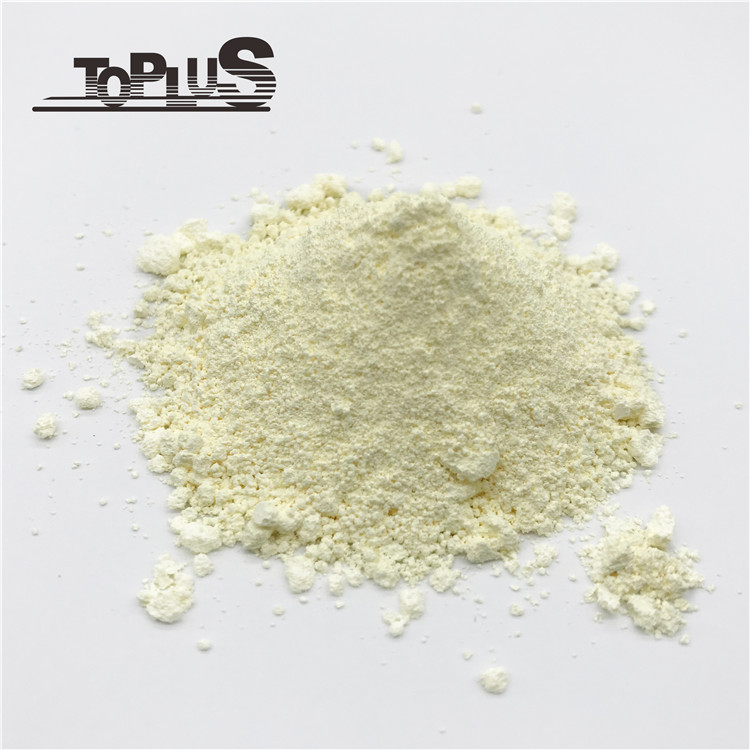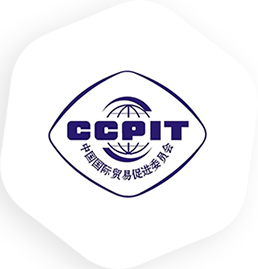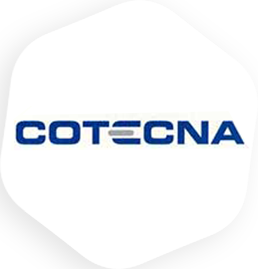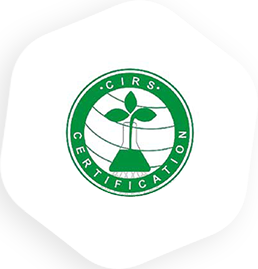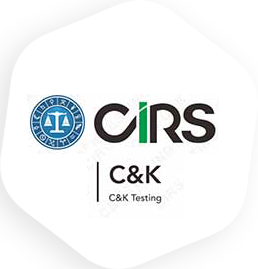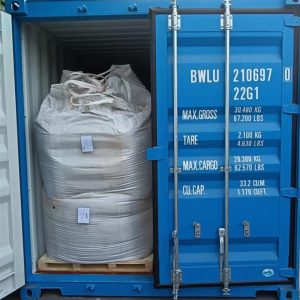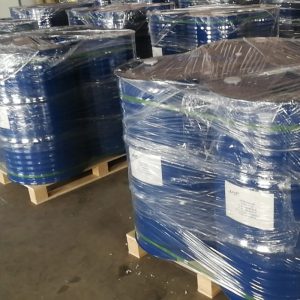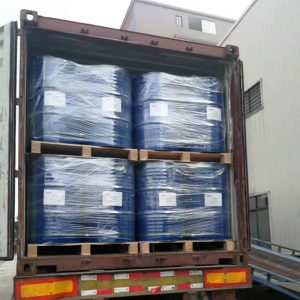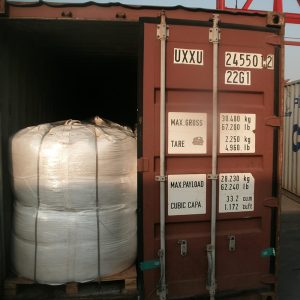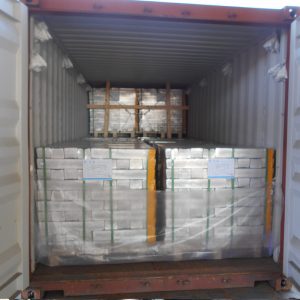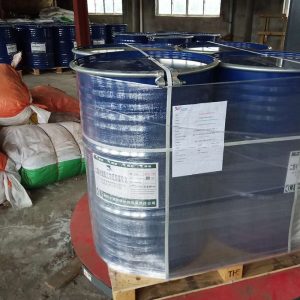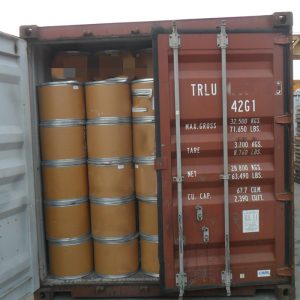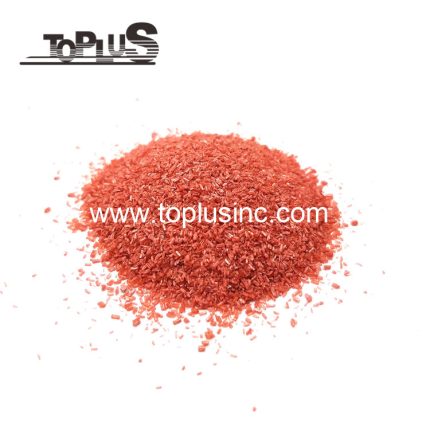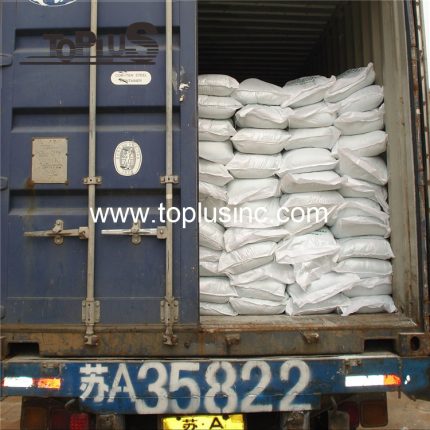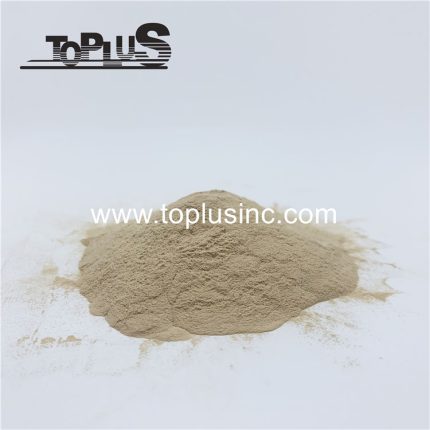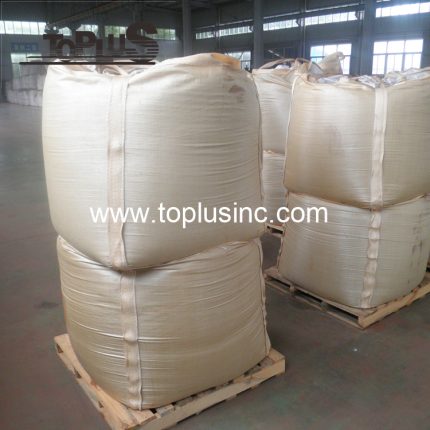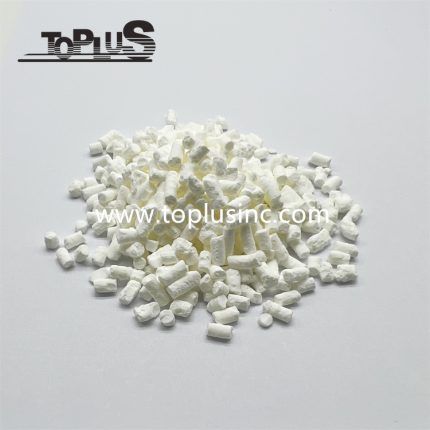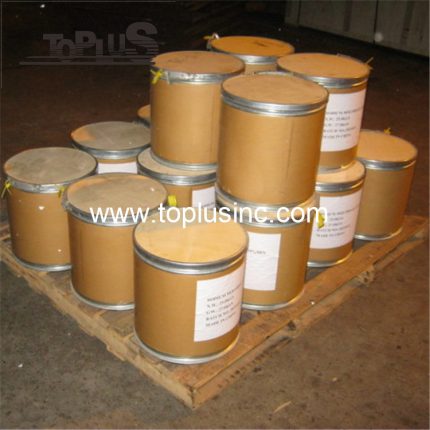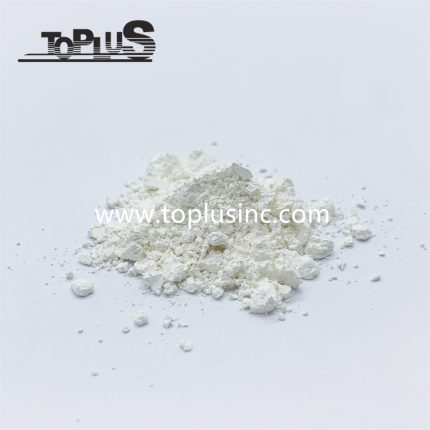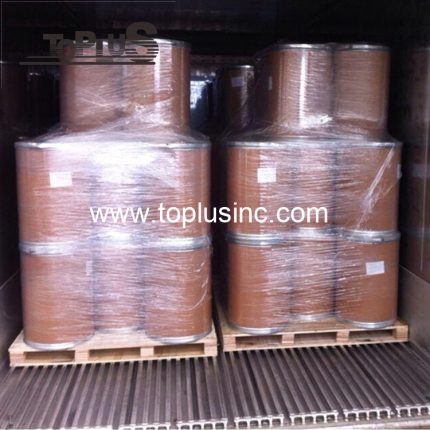Diindium Trioxide
ОПИСАНИЕ ПРОДУКТА
Молекулярная формула:
In2O3Чистота:
99.9%min.Кас №:
1312-43-2Номер эйнека:
215-193-9Синоним:
Indium(III) OxideИзображений:
Описание
Diindium Trioxide is a white or yellow powder that turns into reddish brown when heated. Decomposes into lower oxides at high temperatures. In addition, it can react with metal indium at high temperatures. Although In2O3 generated by low-temperature burning is easily soluble in acid, it becomes less soluble the more completely it is treated at high temperature, and its hygroscopicity disappears. Chemicalbook When indium trioxide is reduced with hydrogen in a red-hot state, metallic indium is produced. It is a water-insoluble, stable material like ceramic. Diindium trioxide is an N-type semiconductor (electronic semiconductor) and can therefore be used as a resistive element in integrated circuits.
Diindium Trioxide, as an n-type wide bandgap transparent semiconductor nanomaterial, has many excellent properties and has been used in many fields, such as ultra-sensitive gas sensors, solar cells, liquid crystal displays and architectural glass heating materials. Good dispersion, can be used as biofluorescent indicator and glass transparent coating.It is a compound that is an amphoteric oxide of indium. It is a new n-type transparent semiconductor functional material with a wide band gap, small resistivity and high catalytic activity. It has been widely used in the fields of optoelectronics, gas sensors and catalysts. In addition to the above functions, indium oxide particle size up to nanometer level also has surface effect, quantum size effect, small size effect and macroscopic quantum tunneling effect of nanomaterials.
Diindium Trioxideis used in some types of batteries, thin-film infrared reflectors (hot mirrors) that are transparent to visible light.
Diindium Trioxide is used as part of some dyeing recipes. In semiconductors, indium oxide is used as an n-type semiconductor and as a resistive element in integrated circuits.
1. Materials used as spectroscopically pure reagents and electronic components, etc.
2. Mainly used as battery raw materials, fluorescent screens, glass, ceramics, chemical reagents, etc.
Запрос цитаты
Скачать спецификацию продукта
Даю согласие на обработку персональных данных и согласен с пользовательским соглашением и политикой конфиденциальности

 Сельскохозяйственные материалы
Сельскохозяйственные материалы Керамические материалы
Керамические материалы Электронные материалы
Электронные материалы Металлургические материалы
Металлургические материалы Новые энергетические материалы
Новые энергетические материалы Нефтехимические материалы
Нефтехимические материалы Обработка поверхности
Обработка поверхности